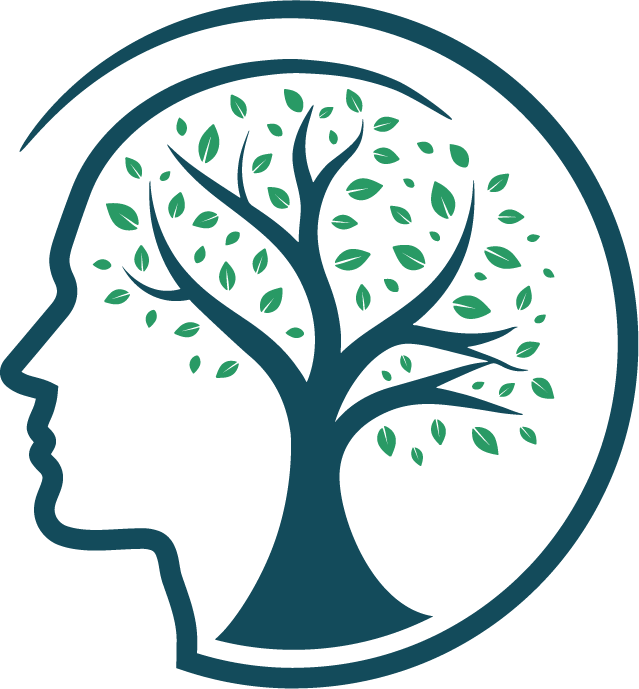New Years Resolutions with ADHD - Strategies for the New Year
If you’re looking to kick off the New Year with a fresh perspective, especially as an adult with ADHD, this post is for you. Discover how to craft resolutions that are realistic, compassionate, and truly effective for your unique mind. Packed with expert references and practical advice, it’s a must-read for anyone ready to embrace progress, celebrate small wins, and create lasting personal growth in 2026.
Building a Positive ‘New Year, New Me’ with Evidence-Based Strategies
Introduction
The start of a new year brings with it the opportunity for a fresh beginning, and many adults set resolutions to improve their health, habits, or productivity. For those living with Attention Deficit Hyperactivity Disorder (ADHD), however, sticking to these resolutions can feel especially challenging. Fortunately, recent research offers practical strategies tailored to the unique needs of adults with ADHD, helping to foster a genuinely positive ‘new year, new me’ experience.
Understanding ADHD and New Year’s Resolutions
ADHD is characterised by difficulties with attention, organisation, impulse control, and emotional regulation. These symptoms can hinder the formation and maintenance of new routines, making the traditional approach to resolutions less effective. Studies indicate that adults with ADHD benefit from resolutions that are realistic, actionable, and rewarding, with built-in flexibility to accommodate fluctuating motivation and energy levels (Knouse et al., 2023).
Evidence-Based Strategies for Sticking to Resolutions
1. Set Clear, Attainable Goals
Breaking larger goals into smaller, specific steps is a helpful ADHD support strategy, that increases the likelihood of success for adults with ADHD. For example, rather than resolving to “exercise more,” commit to a 10-minute walk three times a week. Specificity makes progress measurable, and small wins build momentum (Barkley, 2022).
2. Use Visual Reminders and External Supports
Visual cues—such as calendars, sticky notes, or digital reminders—can help keep resolutions front-of-mind for New Year ADHD success. According to recent findings, external supports like accountability partners or ADHD coaches also provide valuable encouragement and structure (Prevatt & Young, 2024).
3. Foster Self-Compassion and Celebrate Progress
Adults with ADHD often experience frustration when setbacks occur. Practicing self-compassion and recognising progress, however incremental, can reduce shame and promote resilience. Research highlights that positive reinforcement and self-acknowledgement are powerful motivators (Ramsay, 2023).
4. Build Routines Around Strengths
Instead of focusing solely on areas of difficulty, leverage personal interests and strengths. Studies show that when resolutions are tied to enjoyable activities or personal values, adherence improves significantly (Sibley, 2022).
5. Use Flexible Planning Methods
Rigid schedules can be overwhelming. Experts recommend using flexible planning tools, such as time-blocking with buffer periods or “if-then” contingency plans (e.g., “If I miss my workout, I’ll take a walk after dinner”). These approaches accommodate fluctuations in attention and motivation (Brown, 2021).
Building a Positive ‘New Year, New Me’
For adults with ADHD, a positive start to the year is not about perfection, but about progress, self-understanding, and growth. Creating resolutions that are compassionate and tailored to one’s unique brain wiring can foster genuine change. Remember to celebrate small wins ADHD, seek accountability and ADHD support when needed, and adjust goals as you discover what works best for you. By integrating these evidence-based ADHD support strategies, adults with ADHD can make their resolutions stick and truly embrace a strength-based ADHD ‘new year, new me’—one step at a time.
References
· Knouse, L. E., et al. (2023). "Goal Setting and Achievement in Adults with ADHD." Journal of Attention Disorders.
· Barkley, R. A. (2022). ADHD in Adults: What the Science Says. Guilford Press.
· Prevatt, F., & Young, J. (2024). "Coaching and Accountability for Adults with ADHD." ADHD Report.
· Ramsay, J. R. (2023). "Self-Compassion and Motivation in ADHD." Clinical Psychology Review.
· Sibley, M. H. (2022). "Strength-Based Approaches to ADHD." Current Psychiatry Reports.
· Brown, T. E. (2021). Smart but Stuck: Emotions in Adults with ADHD. Jossey-Bass.
By integrating these evidence-based strategies, adults with ADHD can make their resolutions stick and truly embrace a positive ‘new year, new me’—one step at a time.
If you’re looking to kick off the New Year with a fresh perspective, especially as an adult with ADHD, this post is for you. Discover how to craft resolutions that are realistic, compassionate, and truly effective for your unique mind. Packed with expert references and practical advice, it’s a must-read for anyone ready to embrace progress, celebrate small wins, and create lasting personal growth in 2026.

